By Taaza Wire Bureau | Updated June 8, 2025 – Berlin / New Delhi
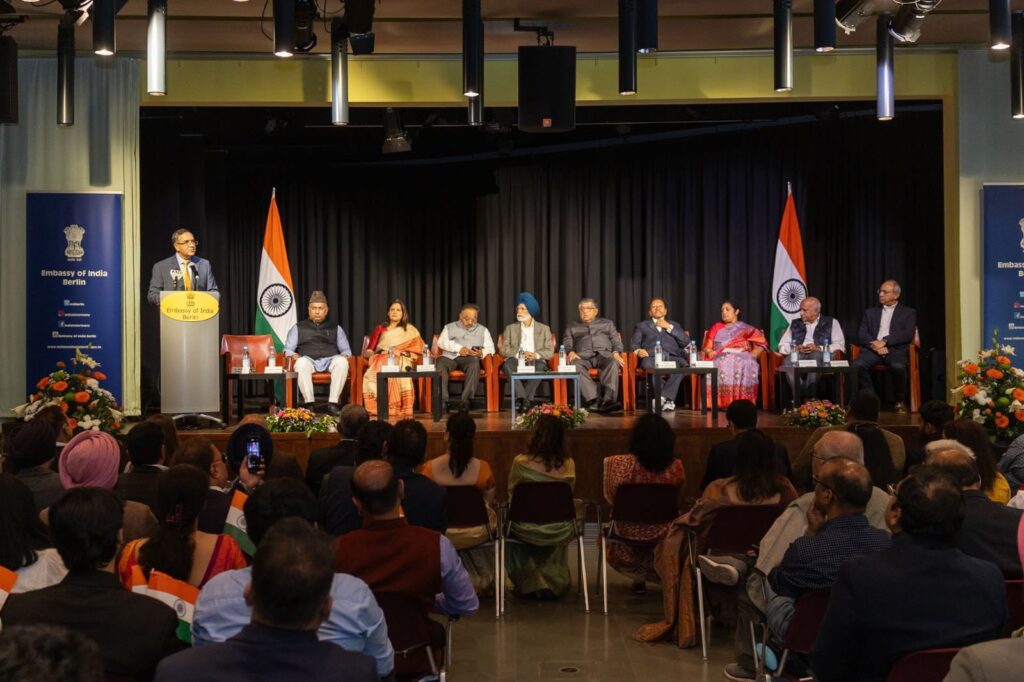
Pic source X
Less than seven weeks since the Pahalgam terror attack callously took 26 lives, a rare all-party Indian parliamentary delegation landed in Berlin with one, unmistakable message: zero tolerance for terrorism—be it by whomsoever, be it by whatever blackmail.
Headed by veteran BJP MP Ravi Shankar Prasad, the seven-member delegation had met Germany’s Federal Foreign Minister Johann Wadephul on Friday. The German delegation did not delay: Wadephul denounced the attack and “reaffirmed Germany’s strong support and solidarity with India in the fight against terrorism,” according to the Indian Embassy’s X posting.
Table of Contents
India Germany Strategic Partnership 2025: Why Berlin Matters Right Now
Germany is not just Europe’s largest economy; it is a key voice in NATO, the EU, and the Financial Action Task Force (FATF)—the global body that keeps tabs on terror financing. Securing Berlin’s unambiguous backing strengthens New Delhi’s hand as it presses the international community to—
- keep Pakistan on the FATF’s grey list unless it dismantles terror camps;
- push for a universal definition of terrorism at the UN;
- isolate any state that uses the threat of nuclear escalation as blackmail.
“Democracies must stand shoulder‑to‑shoulder,” Prasad told reporters after the meeting, calling Pakistan‑sponsored terror a “significant threat to humanity and human rights.”
During an interaction with leaders and key representatives of the Indian community in Germany, we expressed gratitude for the support and solidarity extended by the Indian diaspora in the aftermath of the Pahalgam terrorist attack.
— Ravi Shankar Prasad (@rsprasad) June 7, 2025
The participants observed a 2-minute silence… pic.twitter.com/lENaXrnH34
The Talking Points: From Pahalgam to a Rules‑Based Order
1. Condemning Pakistan‑Backed Terror
Both sides agreed there can be no differentiation between terrorists and their enablers. The Indian MPs briefed their hosts on Operation Sindoor—precision strikes on May 7 against launch pads in Pakistan‑occupied Kashmir that were “measured, precise, and non‑escalatory.”
2. Strengthening the Strategic Partnership
Germany and India already cooperate on green hydrogen, defence R&D, and skilled‑worker mobility. The delegation underlined three new priority lanes:
| Priority | Indian Ask | German Leverage |
|---|---|---|
| Counter‑terror Intel | Real‑time exchange on South‑Asia networks | BfV & BND cyber units |
| Defence Start‑ups | German equity in Indian drone & EW firms | €700 m Innovation Fund |
| Maritime Security | Joint patrols in western Indo‑Pacific | Emerging EU Indo‑Pacific Strategy |
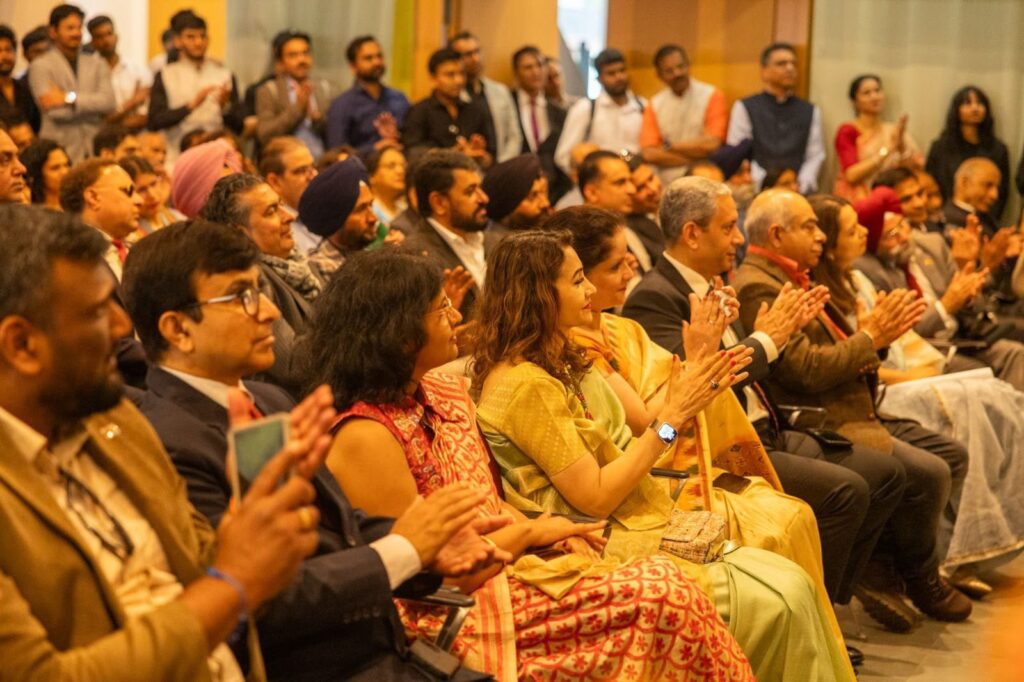
3. Upholding a Rules‑Based International Order
Both parliaments pledged to keep the Indo‑Pacific free, open, and predictable—diplomat‑speak aimed squarely at revisionist powers and proxy terror outfits alike.
Who Said What in Berlin
“Germany stands with India in the fight against terrorism.”
—Armin Laschet, Chair, Bundestag Foreign Affairs Committee
“The ceasefire must hold and dialogue continue. Peace serves us all.”
—Armin Laschet, in a separate X post urging restraint on the LoC
“Democracies must unite to counter this menace.”
—Ravi Shankar Prasad, Head of Indian delegation
A Whirlwind of High‑Level Engagements
Besides Wadephul, the delegation met—
- Omid Nouripour, Bundestag Vice‑President
- Jürgen Hardt (CDU), Foreign‑Policy spokesperson
- Tilman Kuban (CDU) and Hubertus Heil (SPD), leading MPs
- Analysts at Konrad Adenauer Stiftung and other think‑tanks
Each stop served to amplify India’s demand for coordinated global action against state‑sponsored terror.
Operation Sindoor: A Quick Recap
Night of 7 May 2025 – The Indian Air Force hit three terror launch pads in PoK with precision‑guided munitions. The operation lasted 118 minutes, neutralising at least 45 operatives linked to the Al‑Anfal module—the same cell blamed for Pahalgam.
May 10 – Directors‑General of Military Operations of India and Pakistan agreed to restore the 2003 LoC ceasefire. Hostilities ceased after four days.
Indian officials stress that New Delhi will not tolerate cross‑border terrorism, yet remains committed to preventing wider conflict—an approach praised in Berlin as “measured and responsible.”
The Road Ahead: From Berlin to Brussels—and Beyond
The Berlin pit‑stop is only the second leg in a 33‑capital diplomatic blitz. Similar delegations are lobbying lawmakers in Washington, Paris, Canberra, Tokyo, and Abu Dhabi. The goal: build an airtight global consensus that terror and its sponsors pay a steep price.
For Germany, next steps could include—
- Backing India’s push for a Comprehensive Convention on International Terrorism at the UN.
- Expediting defence licences for joint production of counter‑UAV systems.
- Championing India’s case when the FATF reviews Pakistan later this year.
Why This Story Matters to You
Whether you’re tracking geopolitics, markets, or the safety of the Indian diaspora abroad, the message from Berlin is clear: India no longer fights terror alone. Its partners—in Europe and beyond—are ready to match words with tangible support.
Bookmark Taaza Wire for continuing coverage as the delegation’s tour rolls on to Paris and London next week. We’ll break down every handshake, headline, and hard‑won policy shift shaping India’s security landscape.
PM Modi to Attend G7 Summit 2025 in Canada: A New Chapter in India-Canada Relations: India & Germany Close Ranks Against Terrorism After Pahalgam AttackKey Takeaways
- Germany unequivocally condemns the Pahalgam attack and backs India’s retaliation.
- Delegation underscores no differentiation between terrorists and their sponsors.
- Talks pave the way for deeper intelligence, defence, and maritime cooperation.
- Berlin’s stance boosts India’s campaign to hold Pakistan accountable at FATF.
© 2025 Taaza Wire. Reproduction of this content without permission is prohibited.
What was the Pahalgam terror attack?
The Pahalgam terror attack occurred on April 22, 2025, when five militants opened fire in Baisaran Valley, Jammu & Kashmir. The attack killed 26 civilians—including tourists—and injured around 20 others, making it one of the deadliest assaults since the 2008 Mumbai attacks
Who took responsibility for the Pahalgam attack?
The incident was initially claimed by The Resistance Front (a Lashkar-e-Taiba offshoot), though the group later withdrew its claim .
How did Germany respond to the Pahalgam terror attack?
German Chancellor Olaf Scholz and Foreign Minister Johann Wadephul publicly condemned the attack, described it as a heinous act, and pledged Germany’s full support to India in the fight against terrorism .
Why did the Indian parliamentary delegation visit Germany?
A multi-party Indian delegation led by MP Ravi Shankar Prasad visited Berlin to convey India’s zero-tolerance stance on terrorism—especially against state-sponsored terror—and to seek Germany’s strategic backing in areas such as counter-terrorism, intelligence sharing, and diplomatic pressure .
What is Operation Sindoor?
Operation Sindoor refers to the precision airstrikes carried out by India on May 7, 2025, targeting terrorism infrastructure in Pakistan-occupied Kashmir in response to the Pahalgam attack. The operation lasted 118 minutes and led to disengagement following a ceasefire understanding on May 10 .
What diplomatic measures has India taken post-attack?
India responded strongly by suspending the Indus Waters Treaty, closing the Attari–Wagah border crossing, canceling Pakistani SVES visa permissions, and expelling military advisers from both countries’ high commissions.
What is the current state of tourism in Kashmir?
Despite initial disruptions and concerns, tourists have begun returning to Kashmir. Local residents and tourist businesses are actively encouraging travel, and authorities have increased security measures around popular destinations .
How has the international community reacted?
Global leaders, including those from the U.S., U.K., France, U.N., EU, Australia, China, and Gulf countries, issued strong condemnations and expressed solidarity. Major diaspora protests also occurred in Berlin, Milan, and other cities to denounce the attack .
Share Box
Read More
PM Modi to Attend G7 Summit 2025 in Canada: A New Chapter in India-Canada Relations
Congress Questions Modi’s Economic Claims Ahead of G7 Summit Invitation by Canadian PM Carney
Shashi Tharoor US Visit: Leads India’s Voice Against Terror in the US Amid Party Criticism
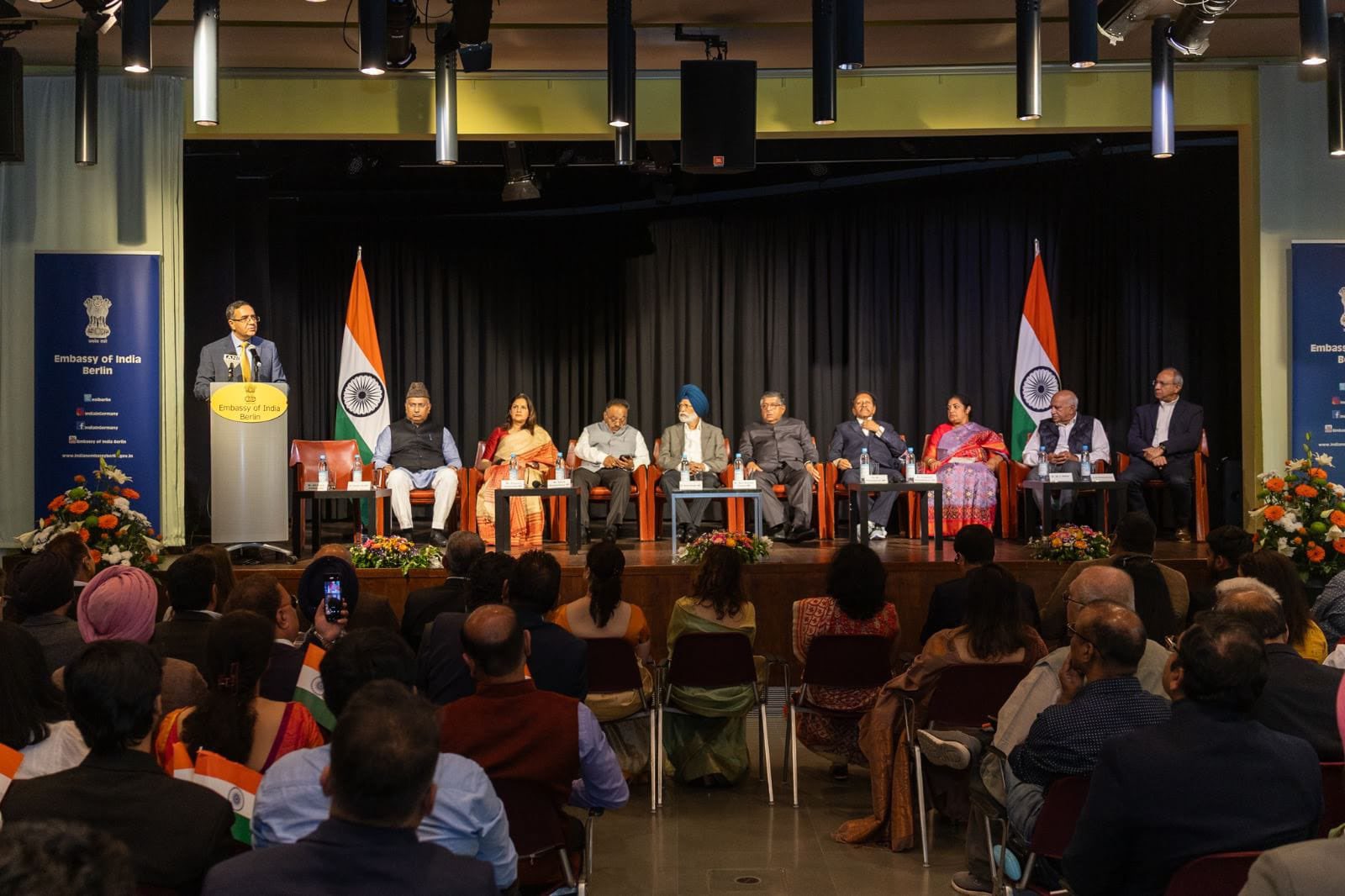
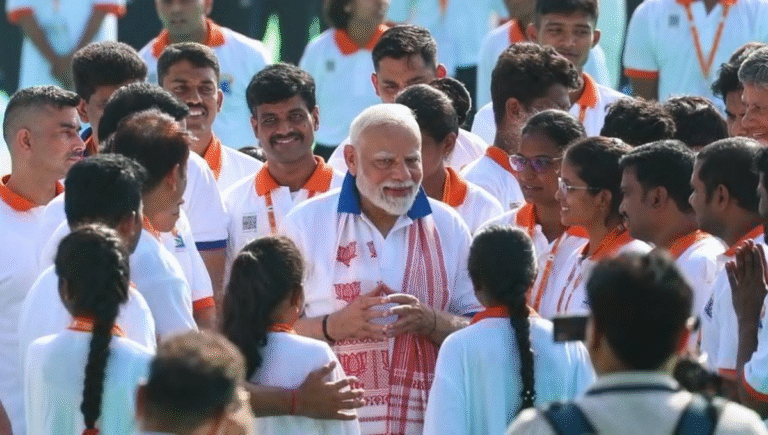
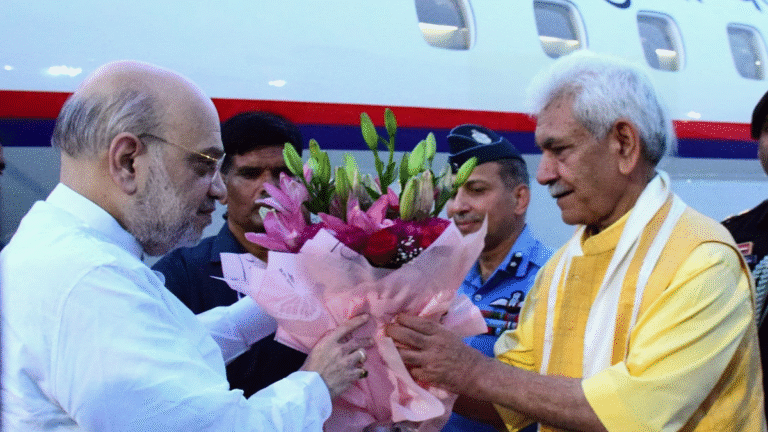
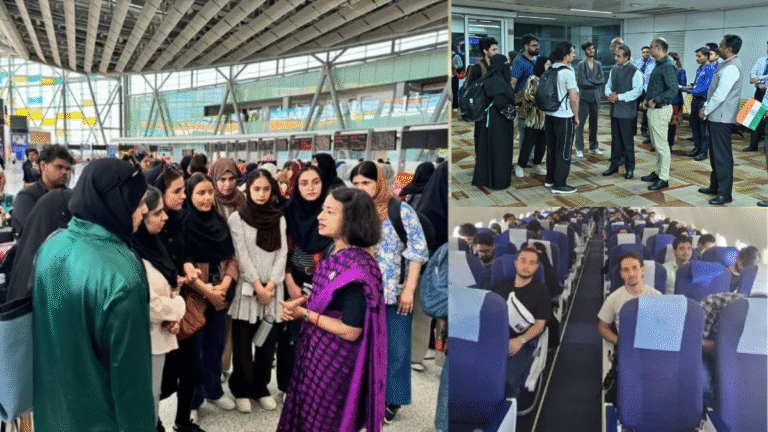
[…] India & Germany Close Ranks Against Terrorism After Pahalgam AttackPM Modi to Attend G7 Summit 2025 in Canada: A New Chapter in India-Canada RelationsKatra to Srinagar Vande Bharat: How India’s Highest Rail Bridges Will Transform Tourism, Trade and Everyday Life in Jammu & Kashmir […]
[…] India & Germany Close Ranks Against Terrorism After Pahalgam Attack […]